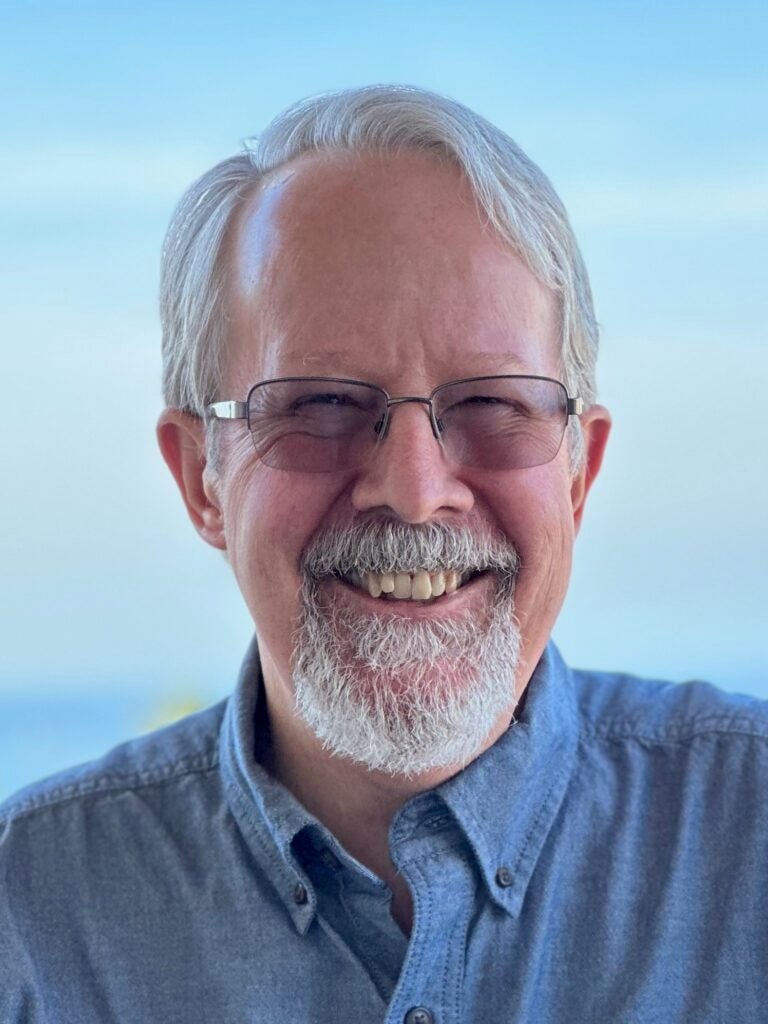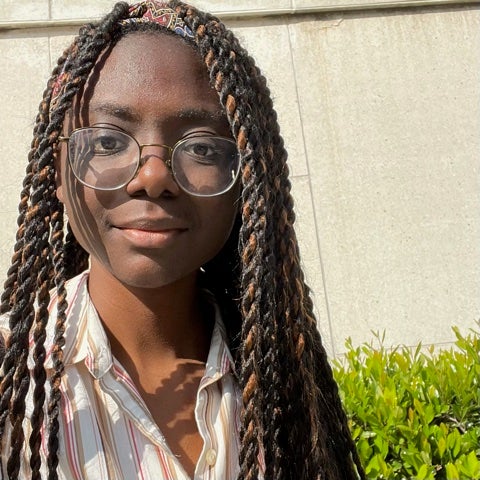Faculty
Steve Read
Steve was trained as a social psychologist, but has had a long standing interest in the use of computational models, particularly neural network models, to develop theory and to make predictions about human social behavior and reasoning. He has also sought to integrate work in Cognitive Science on representation and computational processes (e.g., coherence and constraint satisfaction) into his work. Recently, a focus on the role of neurobiological processes, such as the ventral striatal dopaminergic reward processing system, has became a central part of his attempts to understand social reasoning and behavior.
His work is highly integrative and seeks to build a broad model of the cognitive, motivational, neurobiological, and computational underpinnings of human social reasoning and behavior.

Graduate Students
Graduate Students working in the SANDLAB
Alice Qiao
Alice is a fifth-year Ph.D. student working with Dr. Stephen Read. She studies motivation and decision-making in everyday social contexts. Her current research focuses on legal judgment, and fear of peer rejection. She has recently developed a web based game that can be used to study a number of factors influencing the impact of peer rejection
Contact Alice at aqiao@usc.edu

Yema Conteh
I am a third-year Ph.D. student broadly interested in judgment and decision-making, risk perception, and risk communication in the context of climate change and sustainability. In 2019, I received a B.S. in Psychology and a minor in Gender and Sexuality Studies, with coursework focusing on gender and sustainability from the University of California, Riverside (UCR). Following graduation from UCR, I spent two years working on outreach initiatives that sought to understand and address climate vulnerability, advance public health, and promote community resiliency. My research is now centered around understanding how people make decisions relating to climate change and sustainability, how people perceive climate change risks, such as extreme heat, as well as how to effectively communicate those risks to people to promote adaptive behaviors, climate policy, and community resiliency.

Avisha

April (Chaodan) Luo

